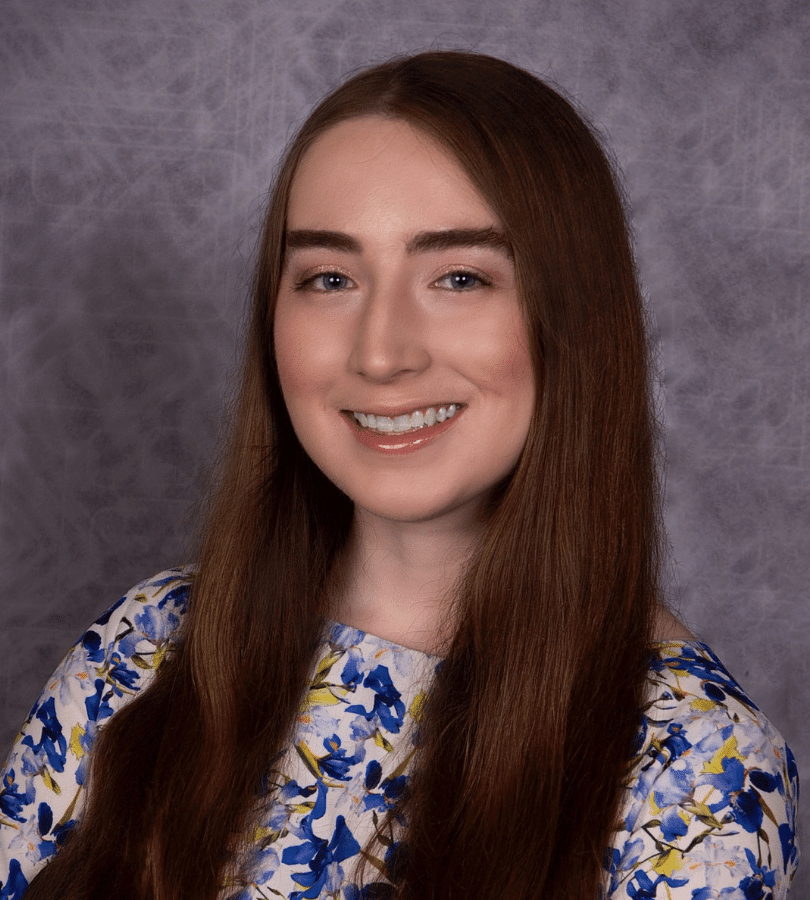Before she pursued her plans of becoming a physician, Maya Daiter obtained her undergraduate degree in German language and literature. In her experience, taking time to pursue interests outside of healthcare has better shaped and informed her decision to work within it.
Maya was on a pre-med track while working towards her BA at Northwestern University, and took on as many research opportunities as possible. In her senior year, she worked as a research study recruiter with the All of Us research program, where she learned the processes of collecting and leveraging data. The experience furthered her understanding of data usage in developing precision treatments for disease and ensuring equity in patient care. Maya is now part of the MS in Health Informatics program at Weill Cornell Medicine (WCM), where she is learning how to research in a more effective and informed way.
She discovered the program while in Austria, where she taught English at a secondary school for two years. While there, she volunteered to tutor Syrian refugees in English, and at welcome centers to help Ukrainian refugees who fled the country when the war began. The experiences were jarring but propelled her to want to do more for others on a global scale.
“When a lot of people were at home due to the pandemic, I was able to make this journey [to Austria], and it really influenced my understanding of how different countries were handling healthcare,” she said. “The experience definitely impacted me ending up at WCM because it opened my mind to the idea of a master’s degree.”
Maya was first drawn to the MS in Health Informatics program after seeing the Venn diagram on the program website, which identifies the three domains of the core curriculum: information technology and data science, health and healthcare, and human and organizational behavior.
“I saw it and thought, ‘This is exactly what I’m interested in.’ I didn’t have a huge background in computer science, so the diagram really solidified that I could have a place in the program,” she said.
A standout in her coursework thus far has been the Research Methods in Health Informatics course with Dr. Yunyu Xiao, assistant professor of population health sciences. Maya shares that Dr. Xiao consistently demonstrates how everything learned in class can be used in the future. Her experience in Introduction to Health Informatics with Dr. Marianne Sharko, assistant professor of population health sciences, where she collaborated on a project on fetal monitoring, has been equally impactful.
“It’s been helpful to have a number of role models for the particular types of skills and degrees I’m looking to earn. Dr. Sharko is a prime example of that,” she said. “Seeing her use her degree in a way that I’ve anticipated using mine has been comforting and reminds me I can do what I’ve set out to do.”
Now in her second semester, Maya hopes to engage further with clubs and volunteer opportunities while completing her capstone project on AI in pregnancy care. Given her long-held interest in maternal health, specifically maternal mental health, she’s excited to see how her capstone will translate into other research opportunities.
Maya currently aims to start medical school after she completes the program. She sees an academic medical setting as a springboard from which she can conduct research while working with patients. In her career, and especially given her time in Austria, she hopes to one day engage with physicians internationally and collaboratively advance healthcare in meaningful ways.


